V divadle (A2)
At the theatre (275)
Slovíčka
V divadle (at the theatre) – procvičování:

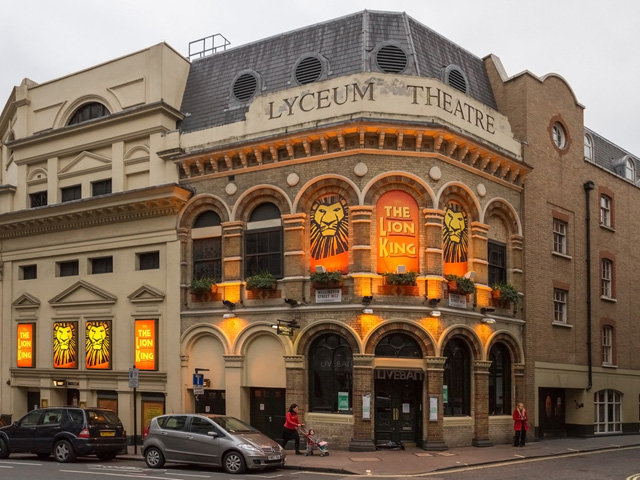

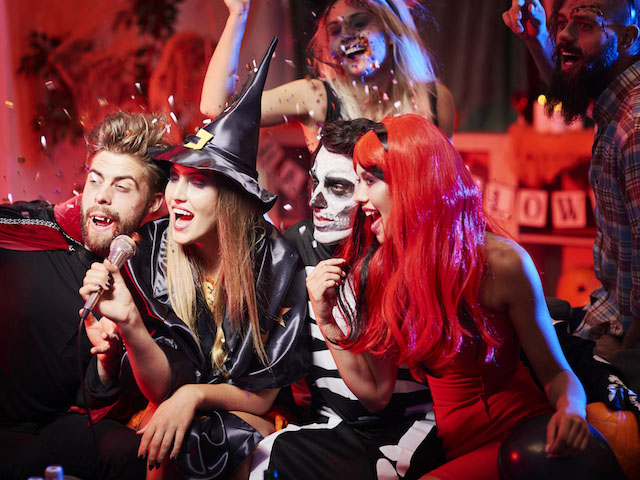

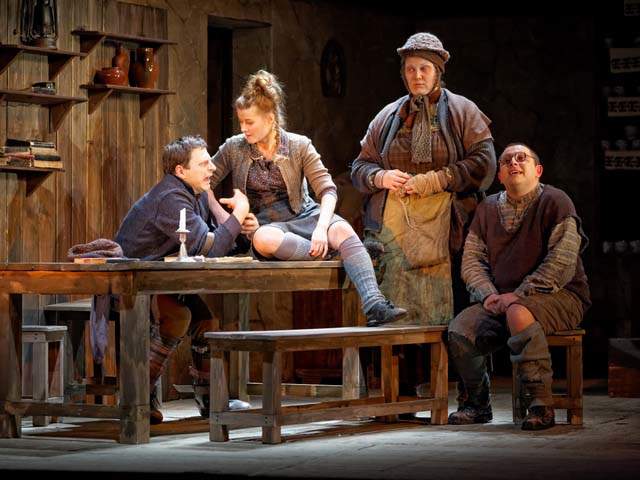

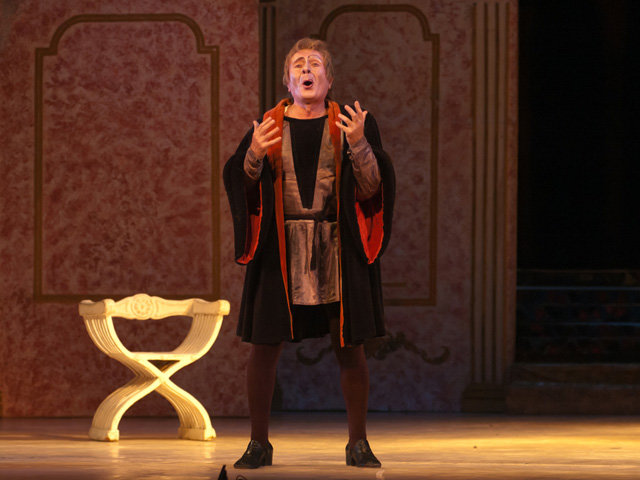

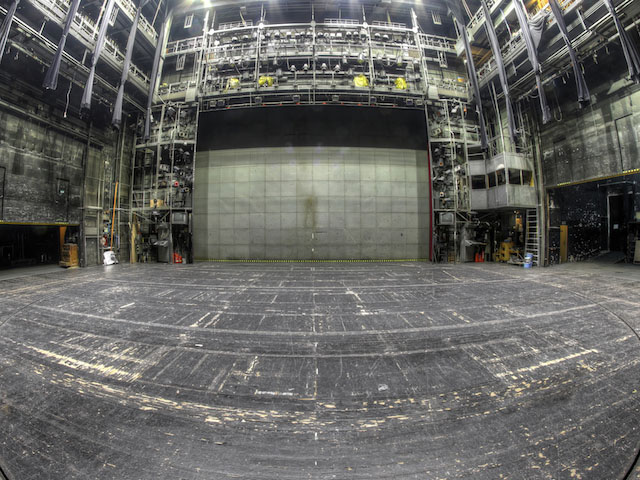

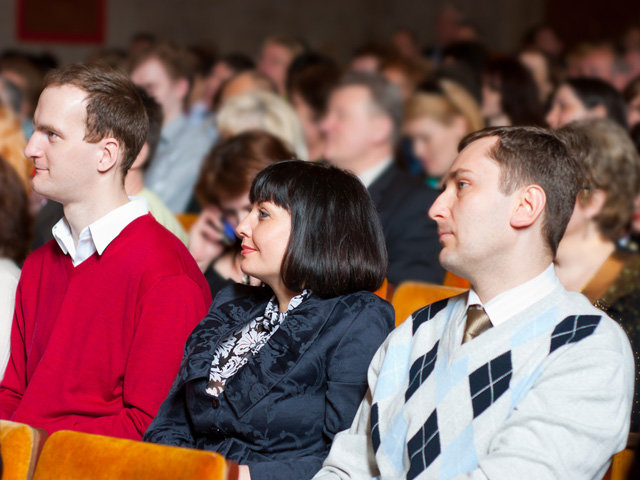

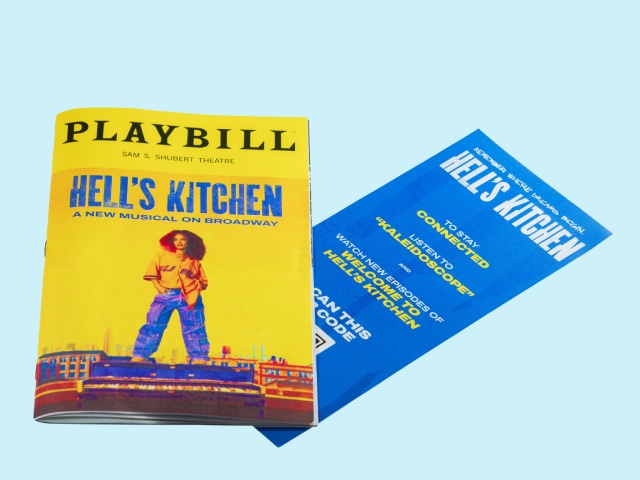

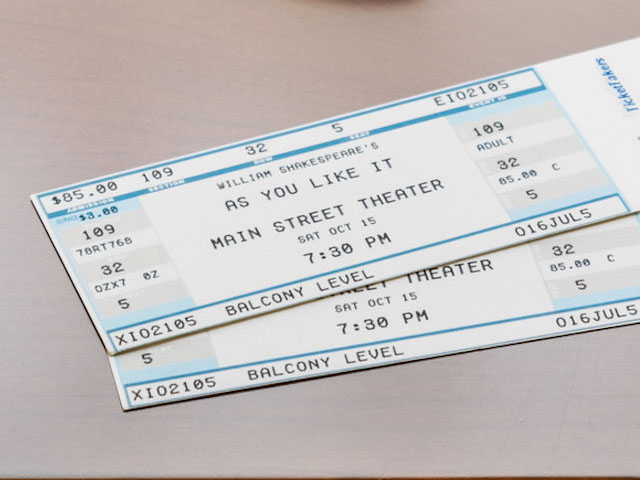

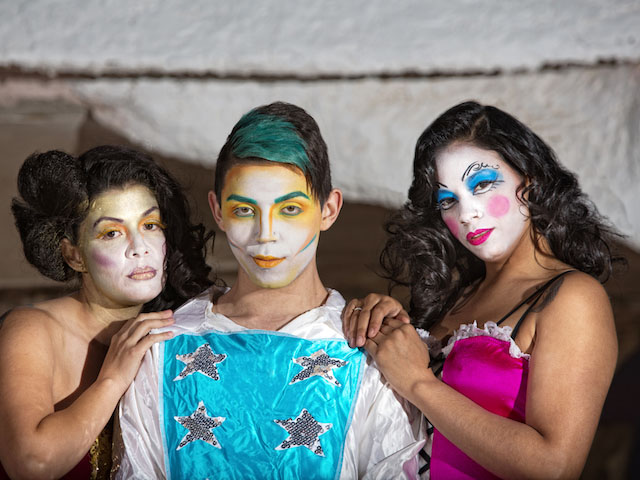

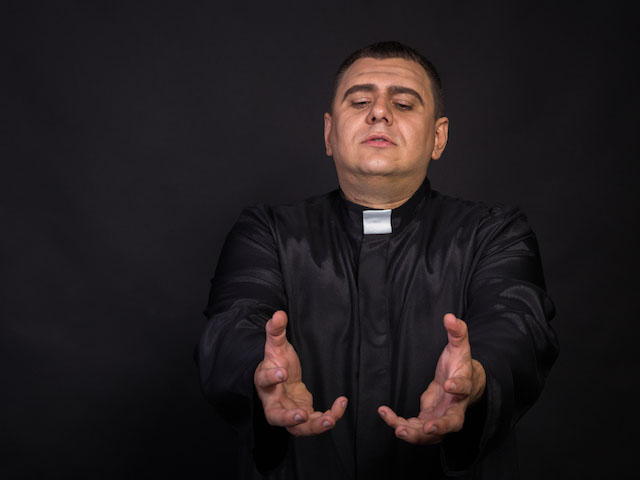

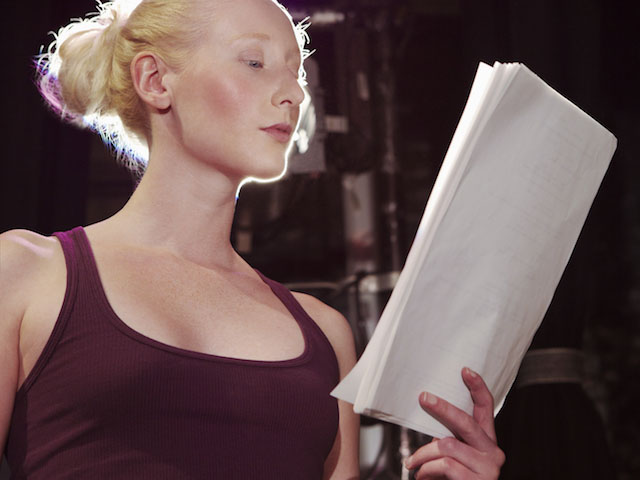

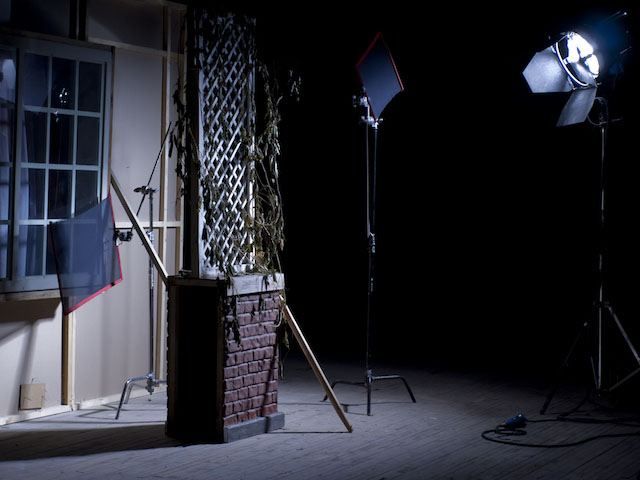

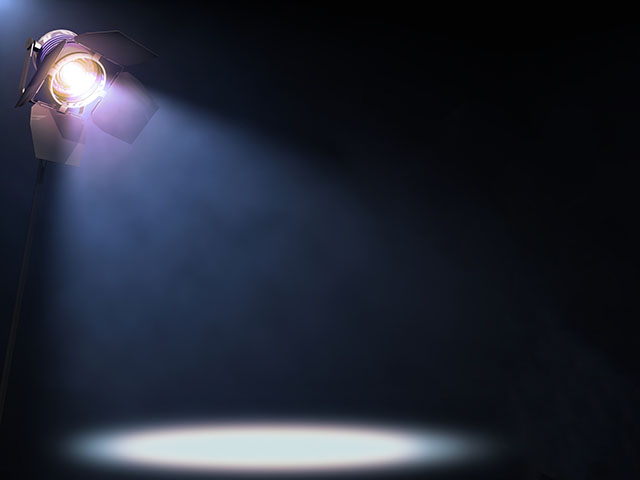

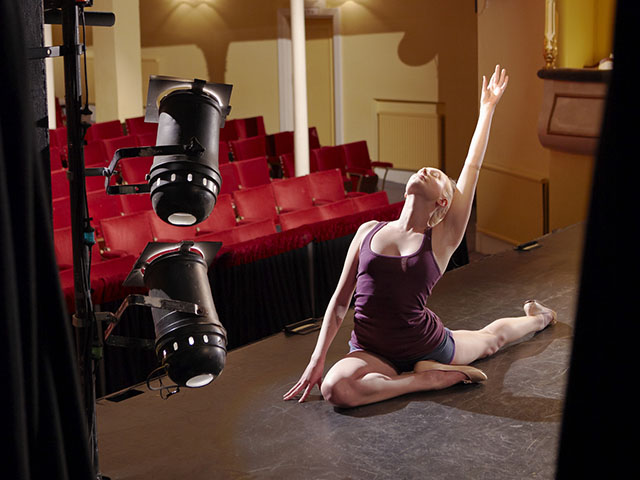

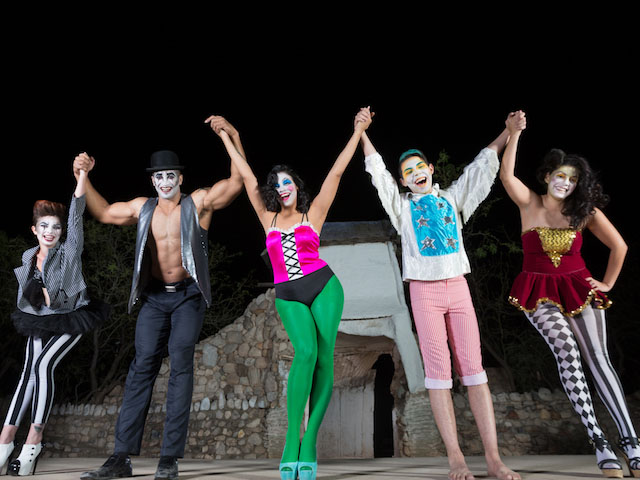

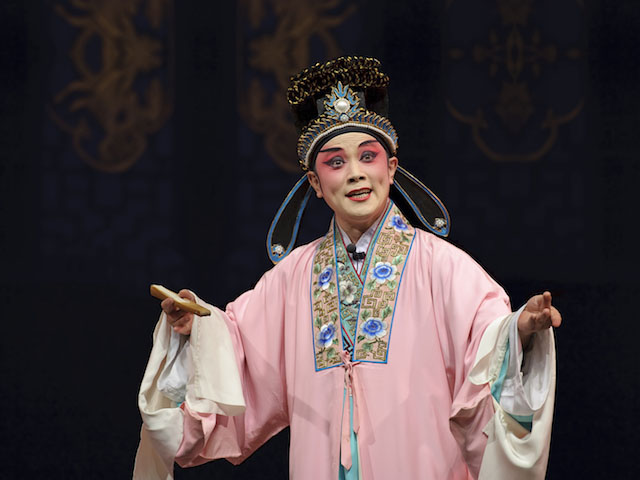

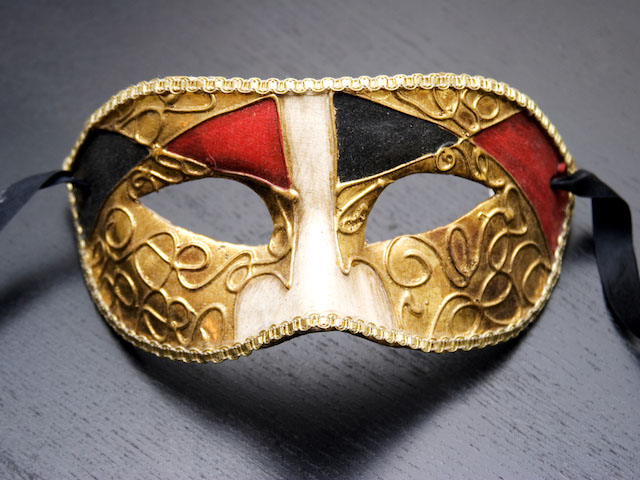

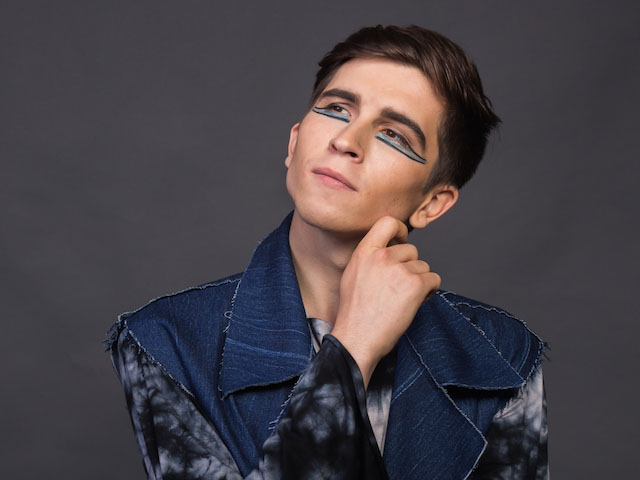

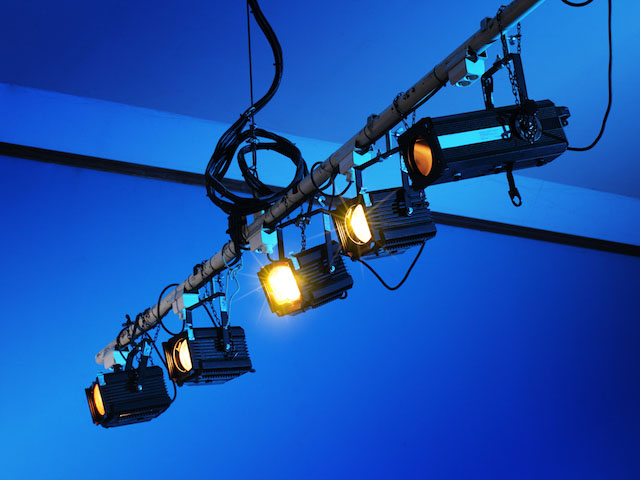

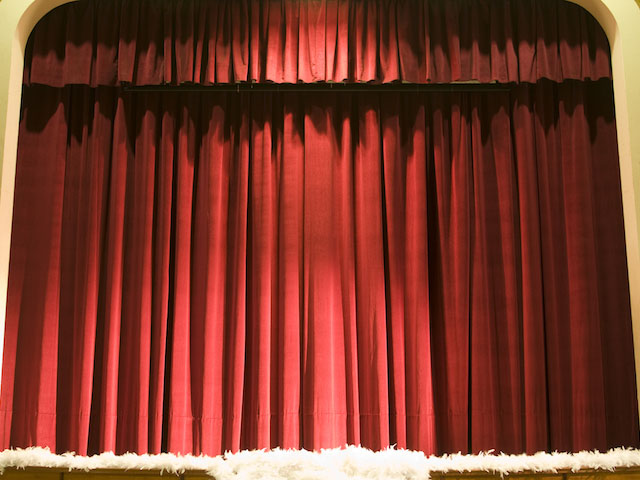

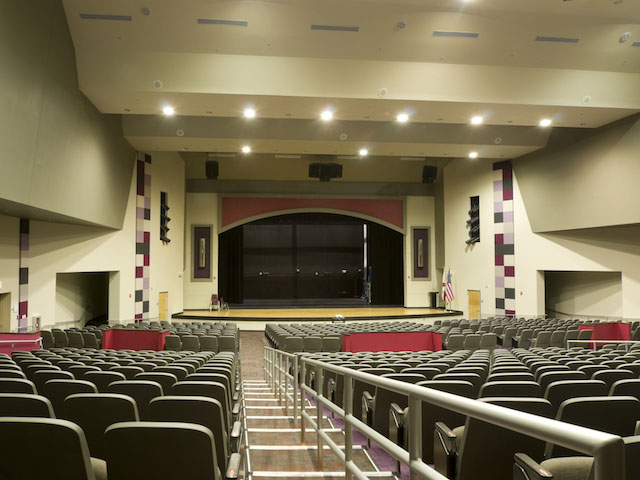

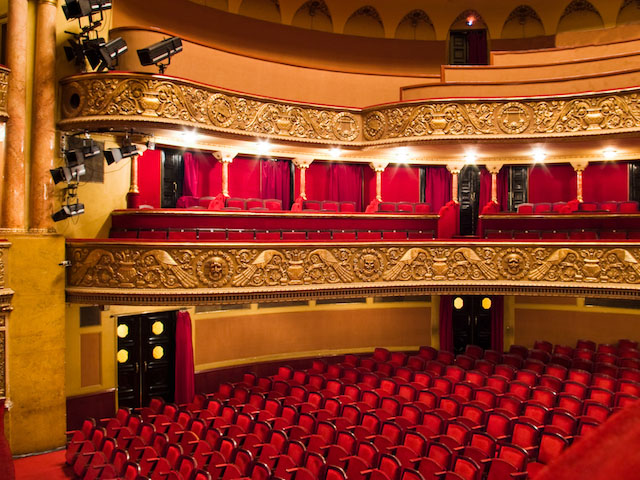

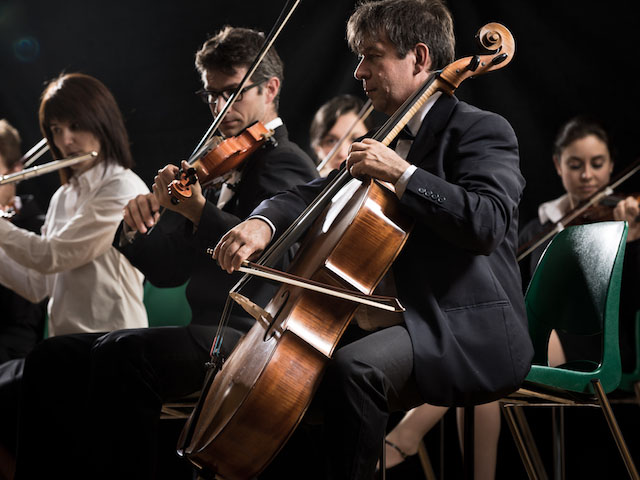

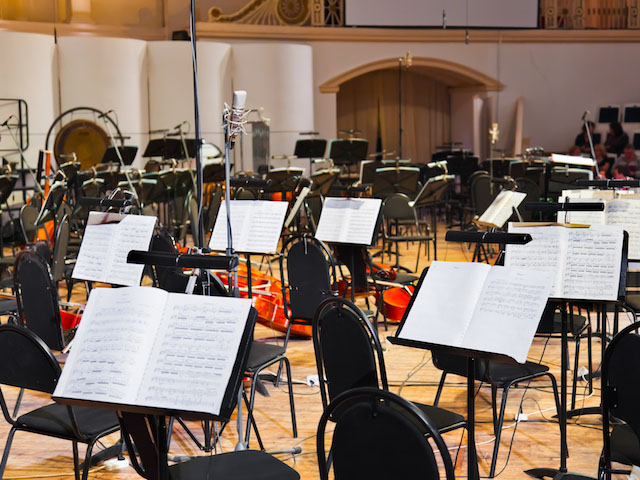

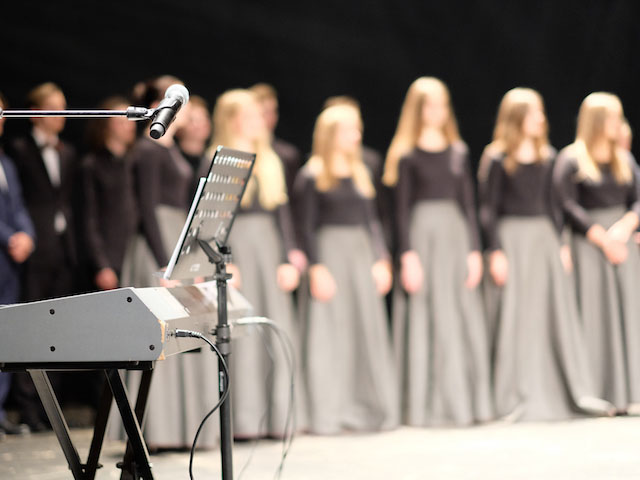

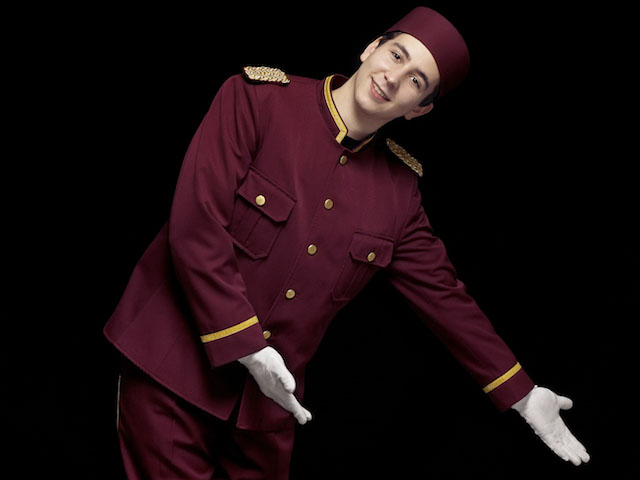
Our family really enjoys plays. We like going to the theatre. = Naše rodina si divadelní hry opravdu užívá. Rádi chodíme do divadla.

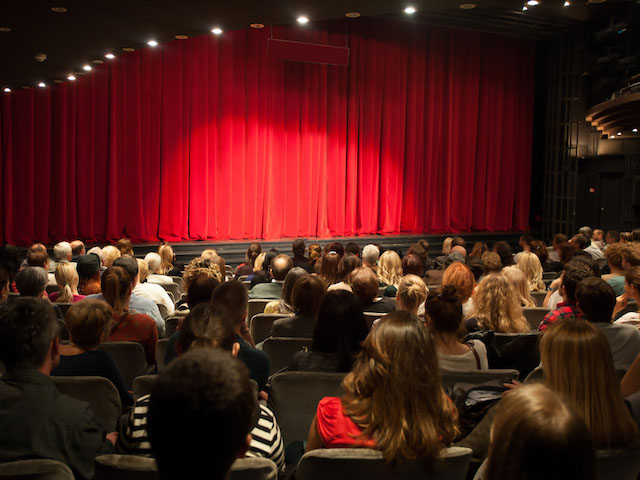
Britská vs. americká angličtina:

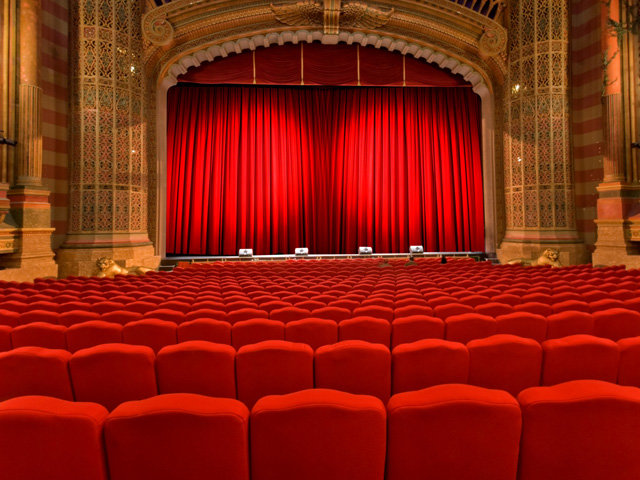


A musical is a play that includes songs. = Muzikál je hra, která obsahuje písně.

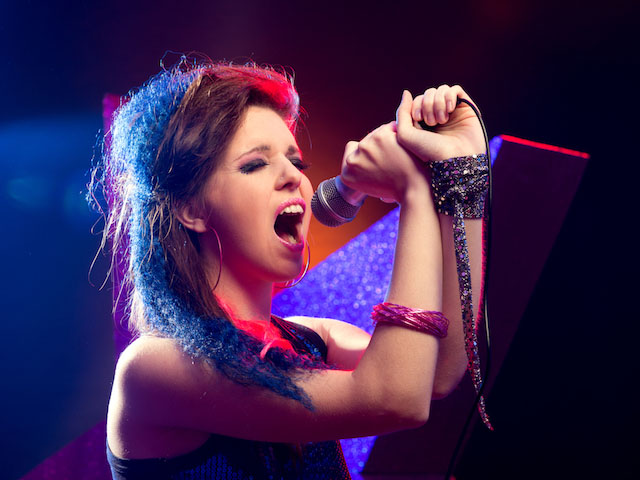
What do you think about my newest play? = Co si myslíte o mé nejnovější hře?

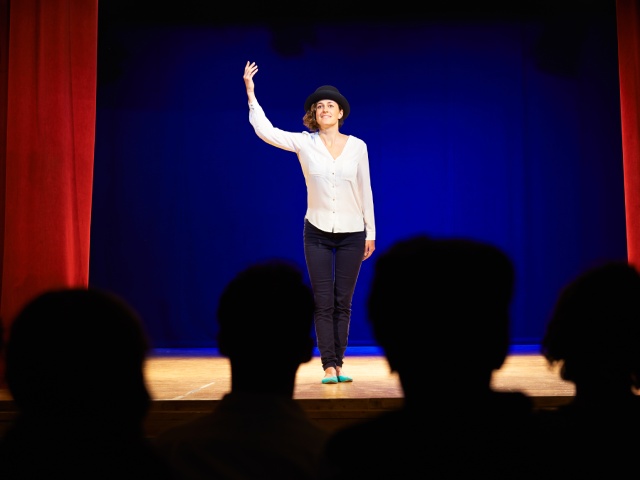
I'm excited! We're going to see a show on Broadway. = Jsem nadšená! Jdeme na představení na Broadwayi.

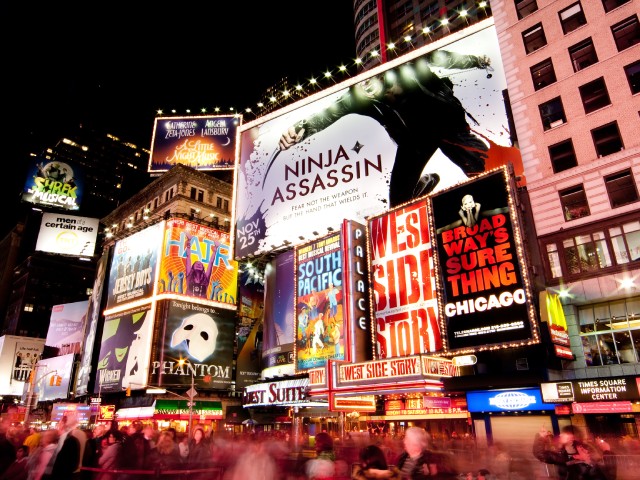
"All the world is a stage" is a famous quote by William Shakespeare. = „Celý svět je jeviště“ je slavný citát Williama Shakespeara.

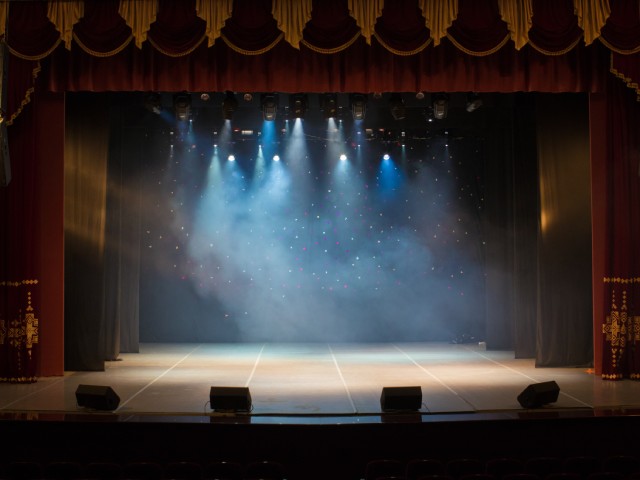
At the end of the play, the audience was clapping and applauding. = Na konci představení publikum tleskalo a aplaudovalo.

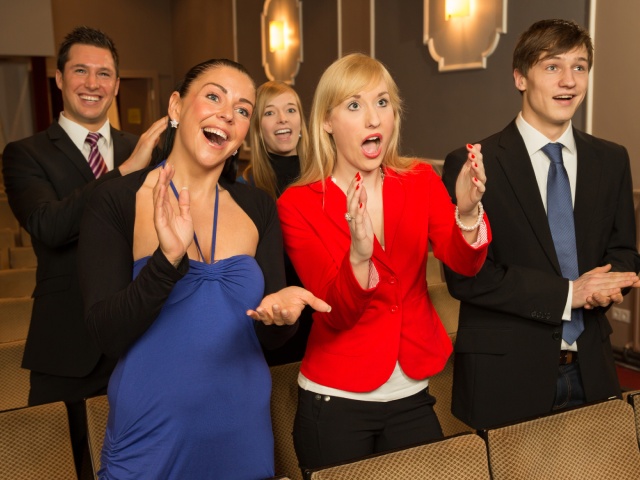
| Monologue vs. dialogue | |
|---|---|
|
monologue
|
dlouhý proslov jednoho herce |
|
dialogue
|
rozhovor mezi dvěma herci |

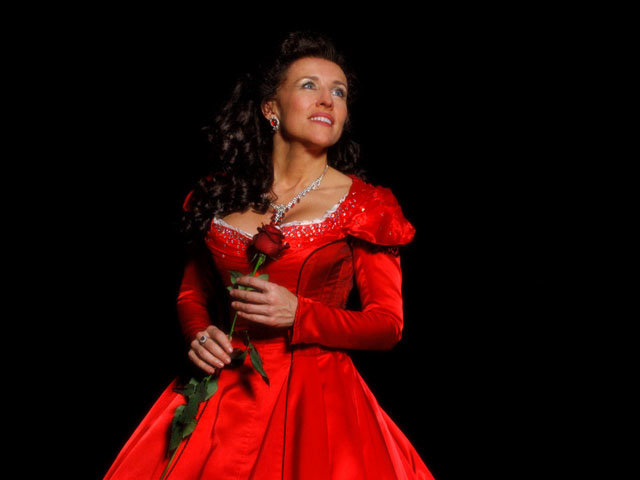

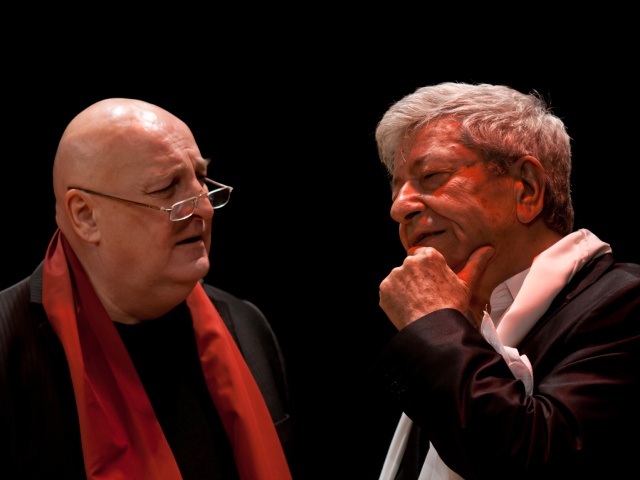
Barbara is reading the program. = Barbara si čte program.

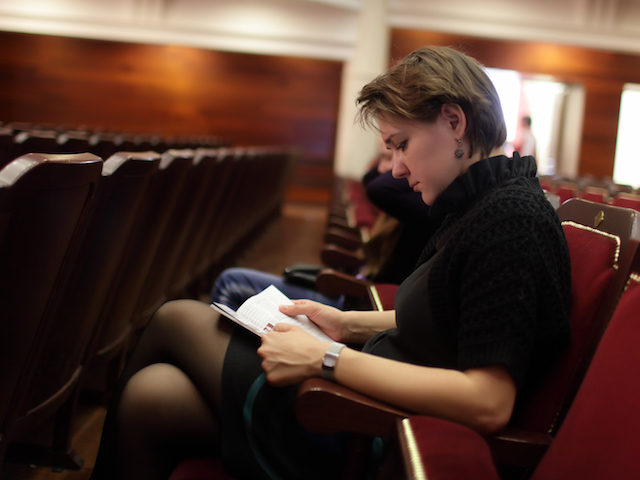
I have three tickets for tonight's show! = Mám tři lístky na dnešní představení!

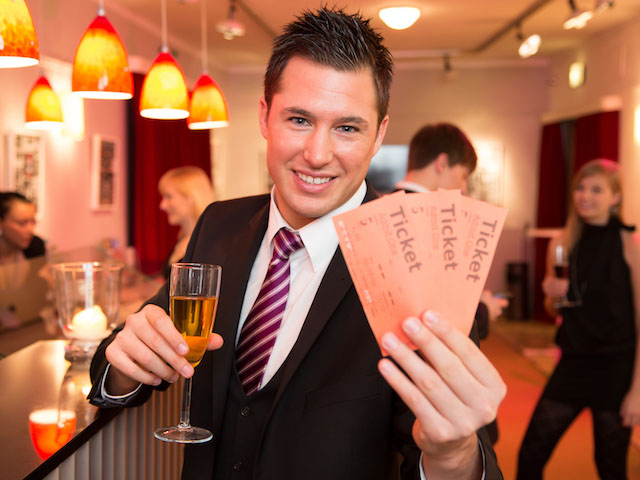
Do you know anything about the cast of this play? = Víte něco o hereckém obsazení této hry?

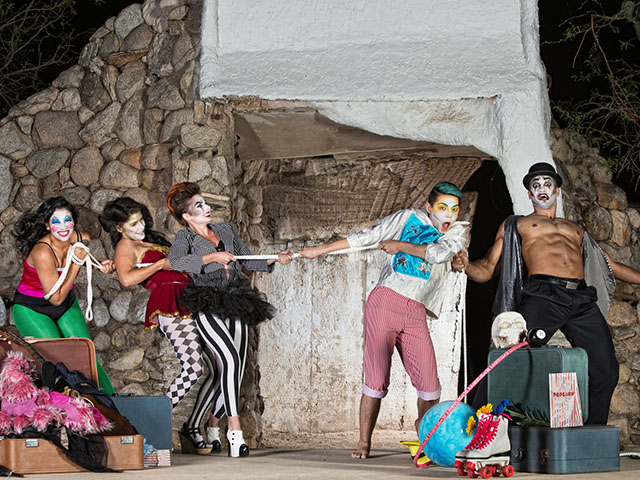
Bradley is excited about his new role. = Bradley je ze své nové role nadšený.

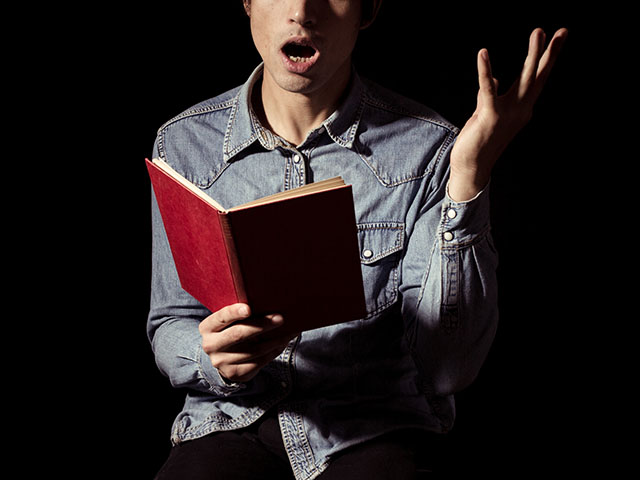
Actors learn their lines from the script. = Herci se učí své repliky ze scénáře.

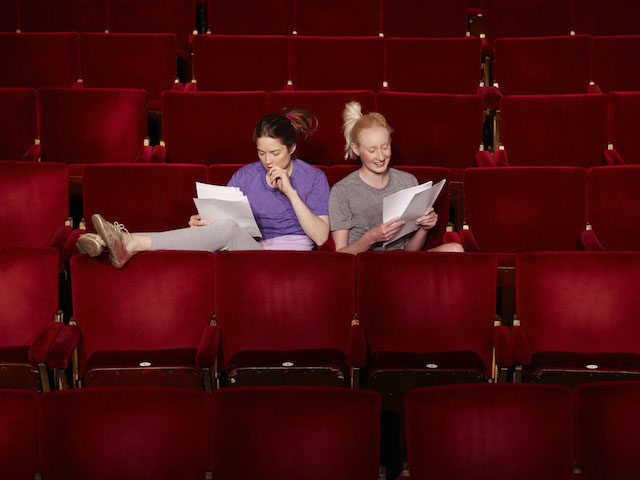
| Comedy vs. tragedy | |
|---|---|
|
comedy
|
humorná hra, která má diváky rozesmát |
|
tragedy
|
hra o tragických událostech s nešťastným koncem |

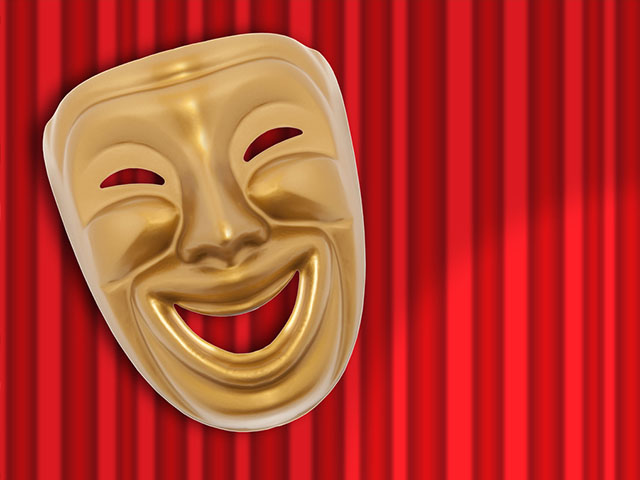

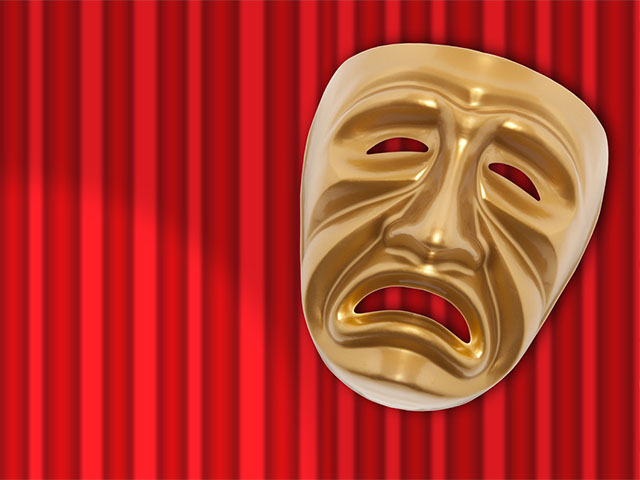
Did you design the set for this play? = Navrhla jsi scénu pro tuto hru?

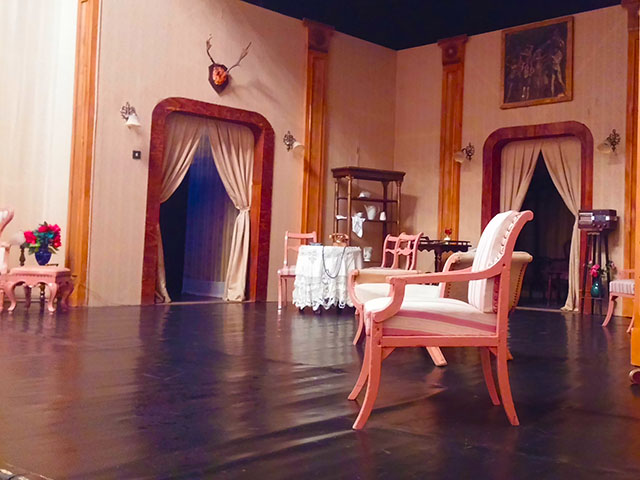
Claire has rehearsals every Wednesday. = Claire má zkoušku každou středu.

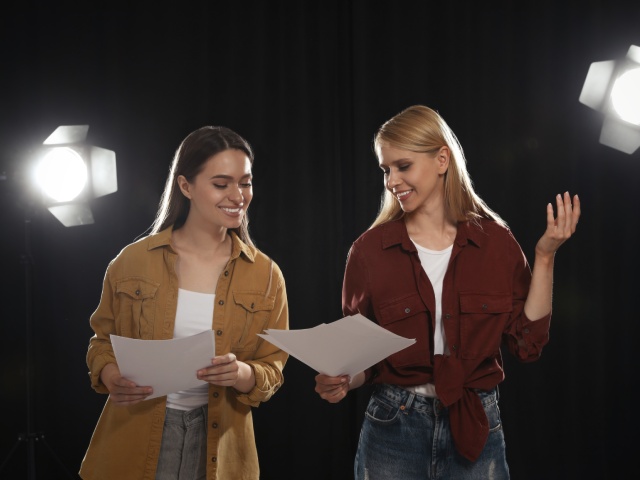
In a dress rehearsal, the actors wear costumes. = Při generální zkoušce mají herci na sobě kostýmy.

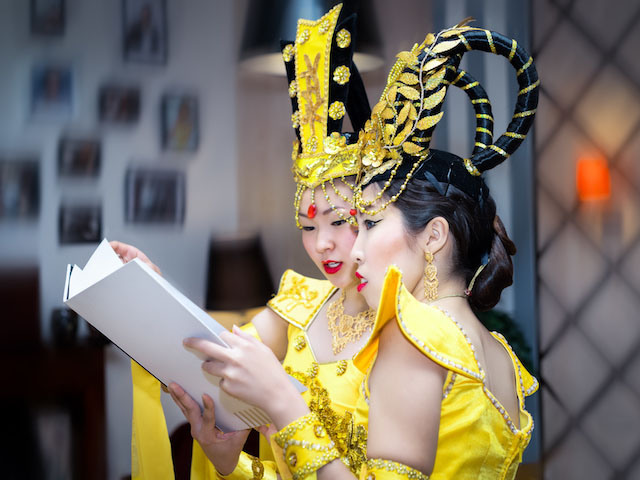
The spotlight was shining on the main character. = Reflektor svítil na hlavního hrdinu.

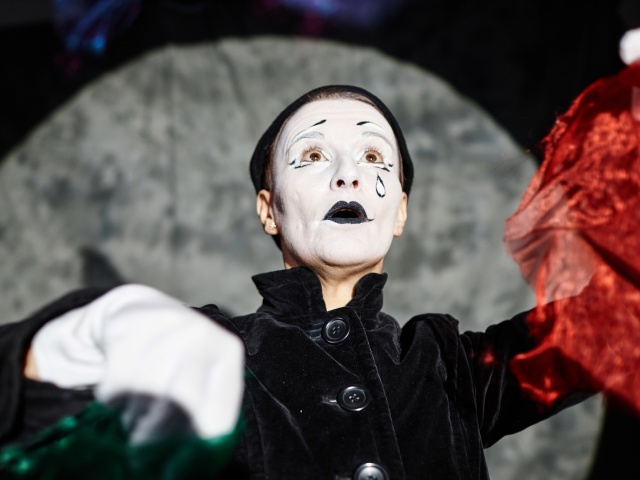
The actors wore traditional costumes. = Herci na sobě měli tradiční kostýmy.

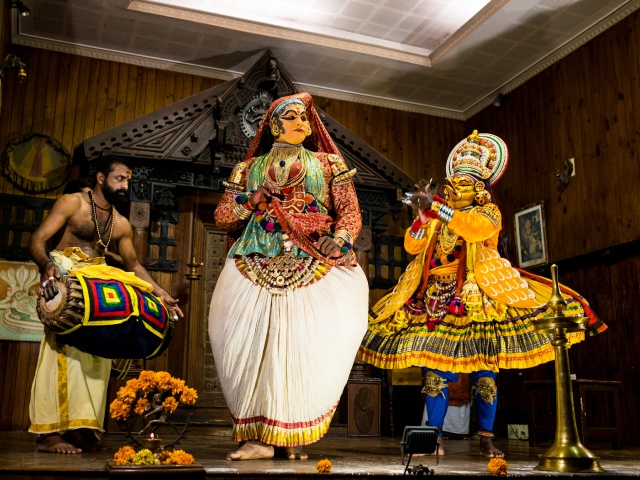
| Divadlo vs. kino | |
|---|---|
|
theatre
|
cinema
|
|
play
|
movie
|
|
stage
|
screen
|
|
script
|
screenplay
|
|
playwright
|
screenwriter
|

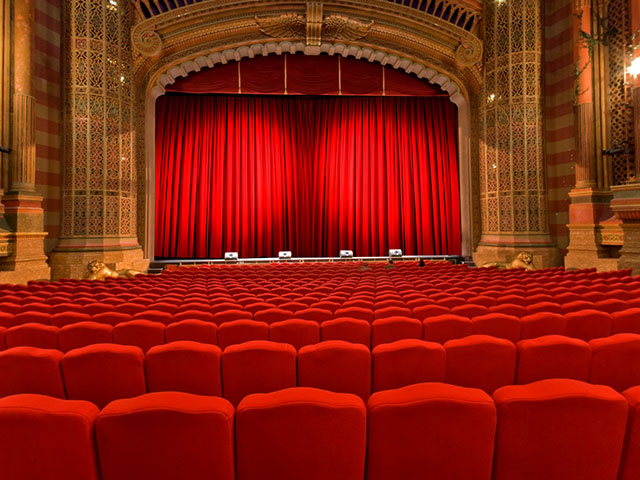

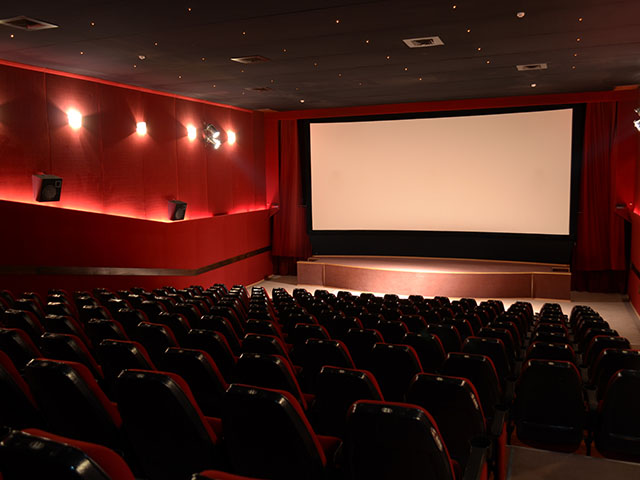
We designed all the props for this show. = Navrhli jsme všechny rekvizity pro toto představení.

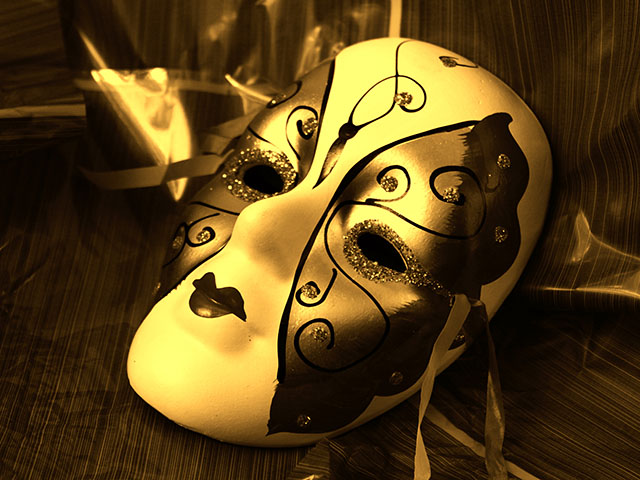
Theatre make-up is not suitable for everyday wear. = Divadelní make-up není vhodný pro každodenní nošení.

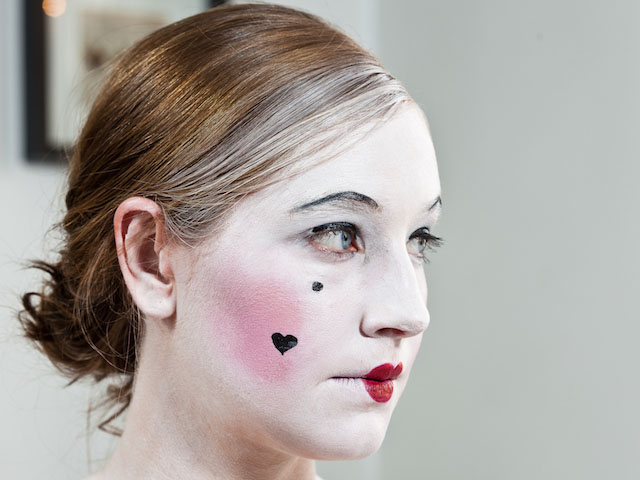
Get ready! The lights will go out in five minutes! = Připravte se! Světla zhasnou za pět minut!

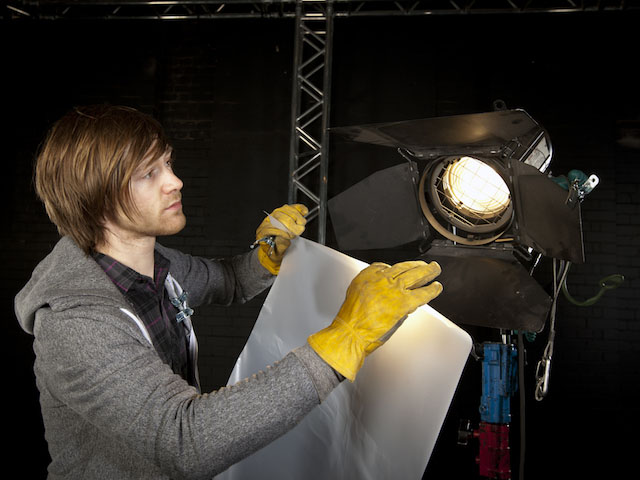
The curtain opened and the audience grew silent. = Opona se rozhrnula a publikum ztichlo.

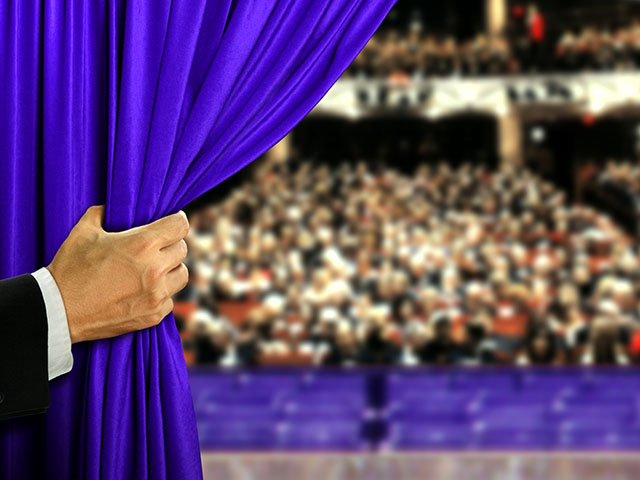
Your seats are to the right of the aisle. = Vaše místa jsou napravo od uličky.

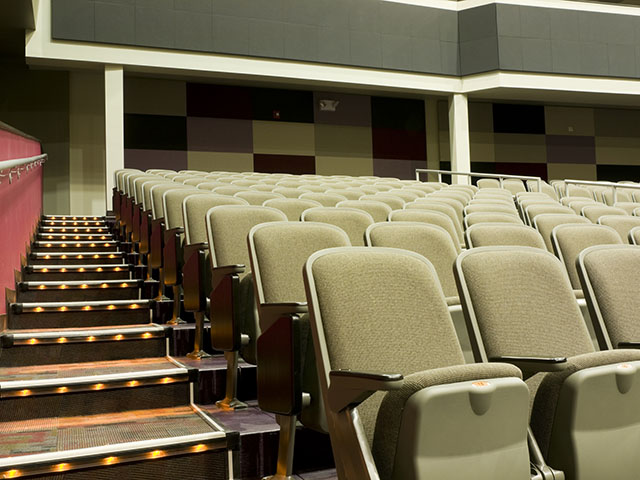

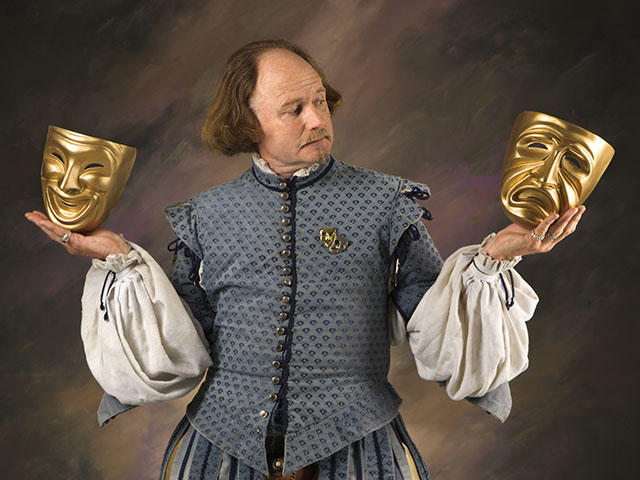



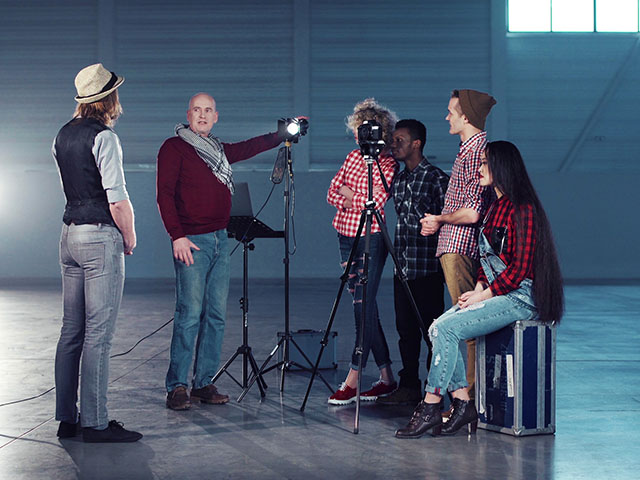

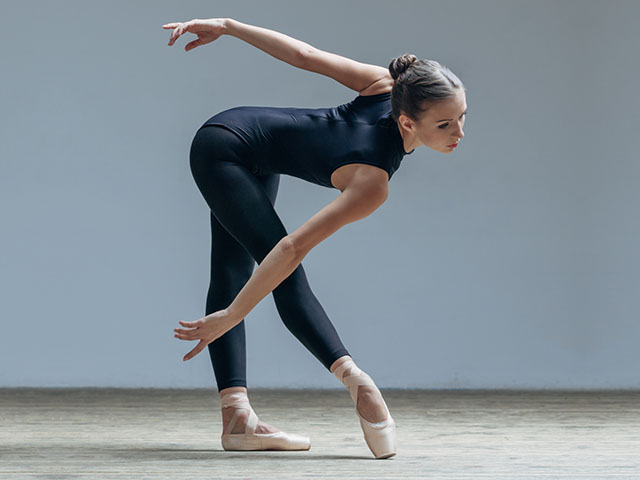

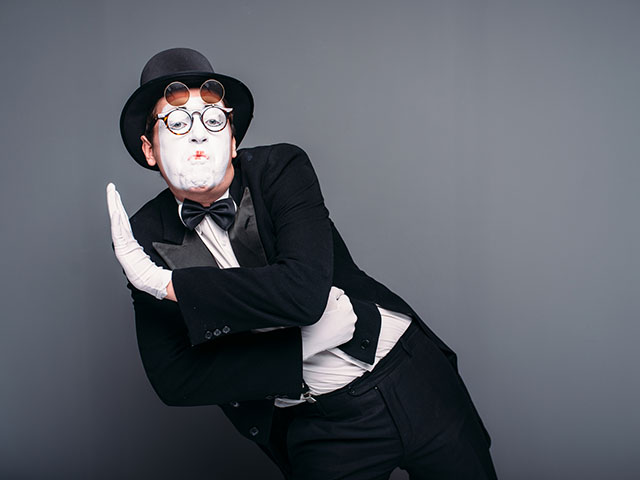

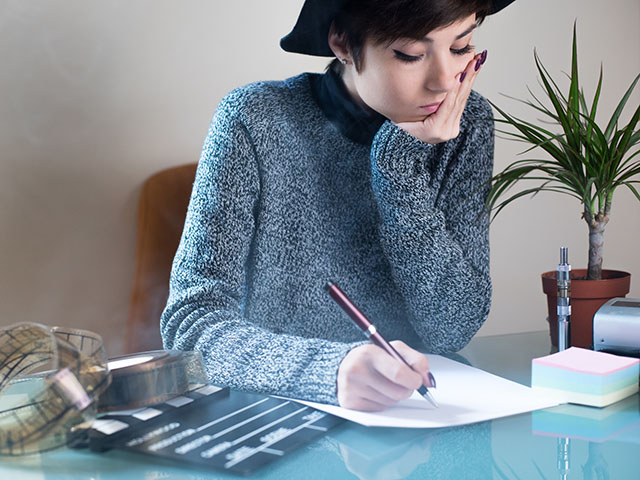

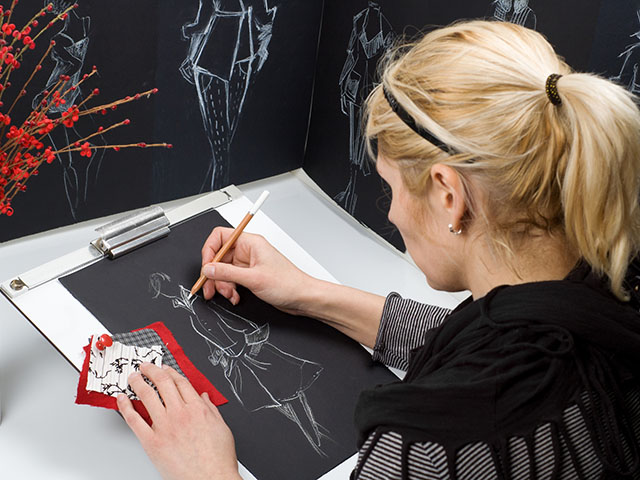

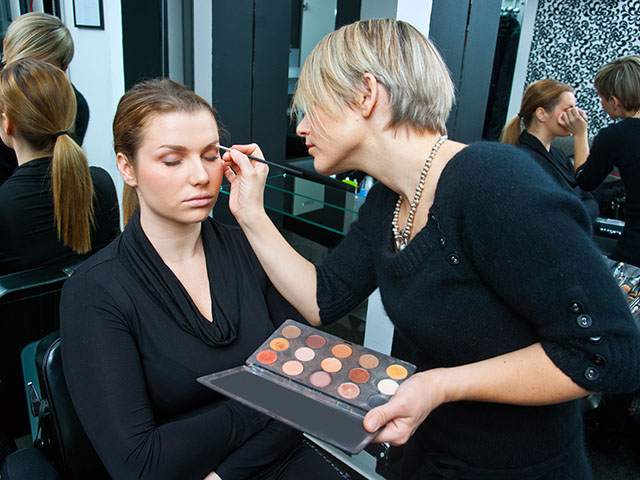
Where are our seats? – Up on the balcony. = Kde jsou naše místa? – Nahoře na balkóně.

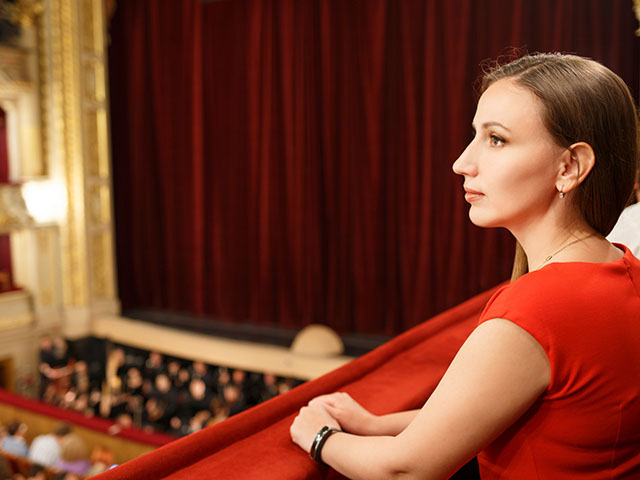
The show is accompanied by a live orchestra. = Představení doprovází živý orchestr.

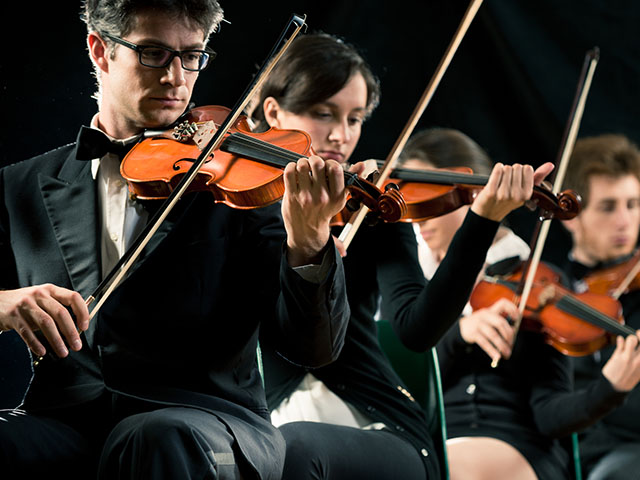
Can you see down into the orchestra pit? = Vidíte dolů do orchestřiště?

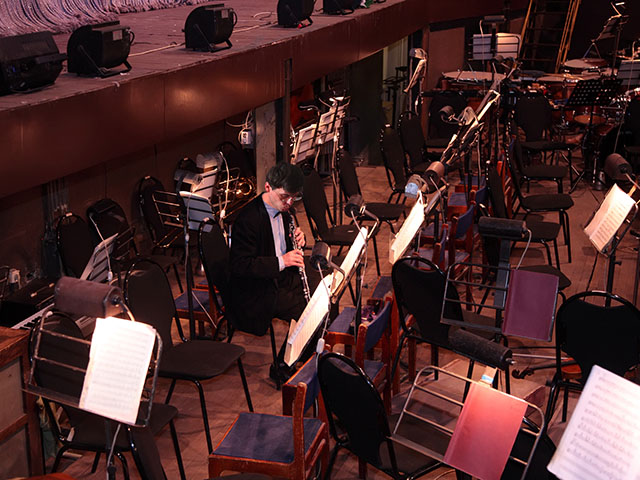
The chorus is rehearsing tonight. = Sbor má dnes večer zkoušku.

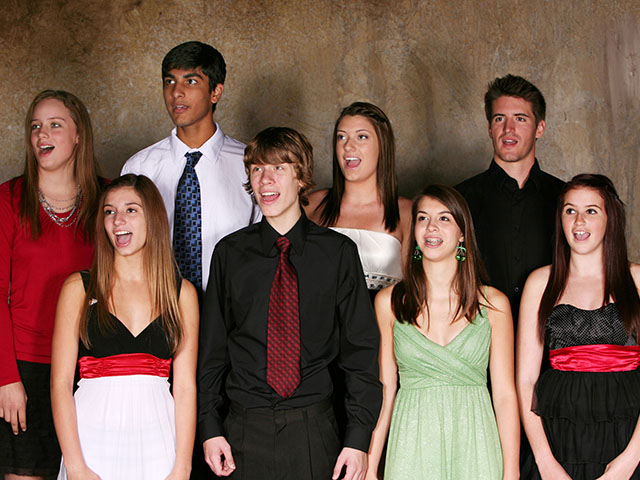
The usher let us inside the theater. = Uvaděč nás pustil dovnitř.

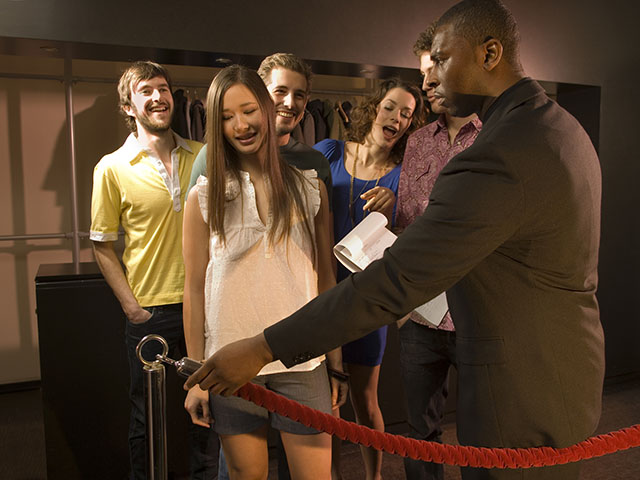
Chcete si procvičit slovíčka o divadle (theatre)? Vyzkoušejte naše tři cvičení.
